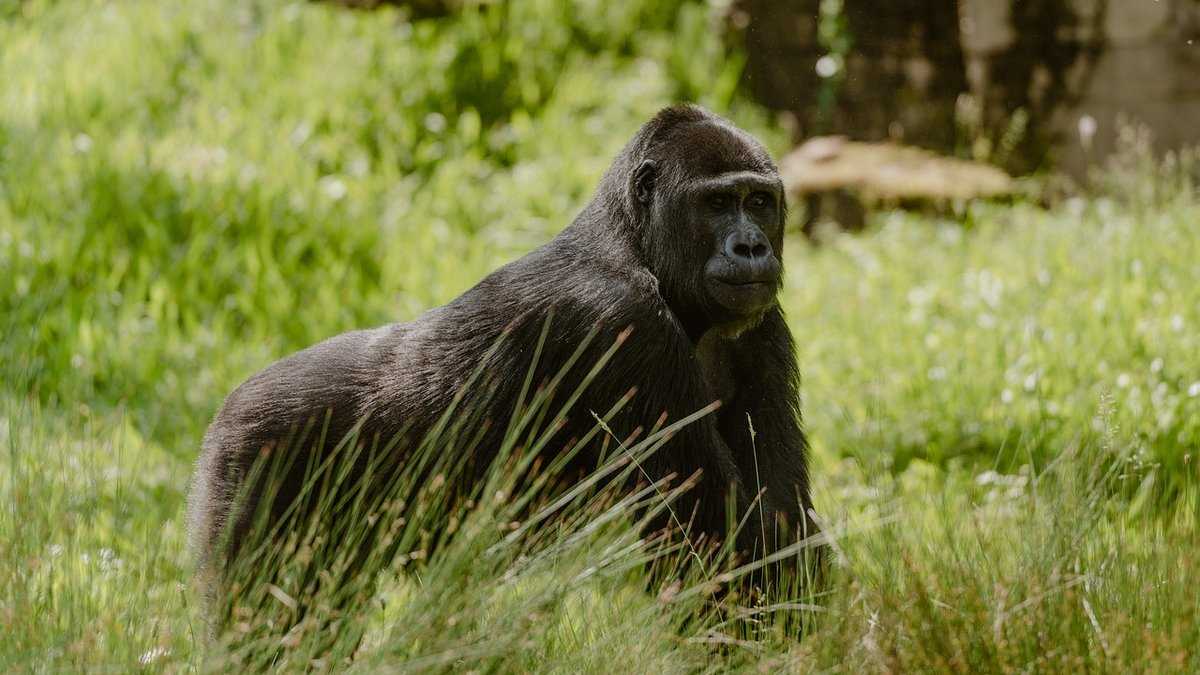Science
Lost on the Moon for 60 Years: AI Joins the Search
23 February 2026

Think you know what an "alpha male" is? New groundbreaking research on 121 primate species shatters common beliefs, revealing that aggression and strength are rarely the true keys to power. Discover what really defines dominance.
Is everything we thought about primates untrue? It turns out that the world of our relatives, and perhaps our own, isn’t ruled by aggression and brute strength. New research challenges an old myth. The classic alpha male traits are not as crucial for primates as previously believed.
A team of scientists from the University of Montpellier compiled data from over 250 studies covering 121 primate species. Their conclusions are unequivocal: in 70% of cases, neither sex dominates. Moreover, the alpha male traits previously considered standard simply prove to be unrepresentative.
“Male dominance is not the norm, as has long been thought,” says Élise Huchard, a behavioral ecologist at the University of Montpellier and co-author of the study published in the Proceedings of the National Academy of Sciences.
You might like to read: Playing God? Scientists Create Artificial Human Chromosome
Researchers analyzed hundreds of interactions between males and females, ranging from physical clashes to gestures of submission. Instead of simple rules, they discovered a complex interplay of dependencies where power often shifts. In 17% of the studied populations, males dominated; in 13%, females. In the remaining cases, neither sex exhibited a clear advantage. While alpha male traits like strength or aggression might help, they don’t guarantee success. Factors such as who controls mate choice or holds social leverage are often far more significant.
Among bonobo chimpanzees, females maintain power by forming alliances and collectively opposing males. This clearly demonstrates that cooperation can be more effective than sheer dominance.
Female dominance most commonly appears among species where females choose their mates or are similar in size to males. Conversely, among arboreal primates, physical dominance loses significance because avoiding direct confrontations is easier in such environments. Under these conditions, traditional alpha male traits become less important, while flexibility and strategy gain the upper hand.
So, where did the concept of the “alpha male” originate? Not from apes, but from wolves – specifically, from observations of these animals in captivity. The term emerged in the 1970s, but the concept’s original author later recanted it. Interestingly, in the wild, wolves do not form the same hierarchies as they do in captivity.
Despite this, the term gained a life of its own, entering pop culture and everyday language. It became synonymous with a dominant man.
Given the discussion of primates, it’s natural to question ourselves. Experts note that while we belong to the primate order, this doesn’t mean dominance is a biological necessity for humans.
“Early hunter-gatherer societies were more egalitarian than today’s societies,” emphasizes Huchard, as quoted by The Washington Post.
She also points out that humans share many traits with primate species where clear gender dominance is absent. Power in the primate world is not black and white. There isn’t one form of dominance, nor one path to gaining an advantage. Although the “alpha male” image frequently appears in popular culture, it lacks solid biological grounding.
The myth of the alpha male has not been entirely debunked, but today we understand it’s only part of a larger, far more complex puzzle. Perhaps it’s high time we, too, in human societies, reconsidered our perceptions of power and strength.
Read the original article: Mit samca alfa. Badania naczelnych odkrywają inne oblicze władzy


Science
22 February 2026

Zmień tryb na ciemny